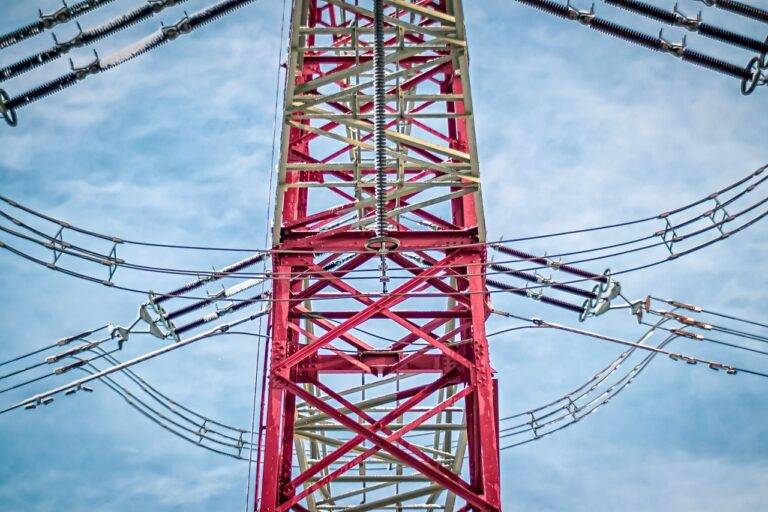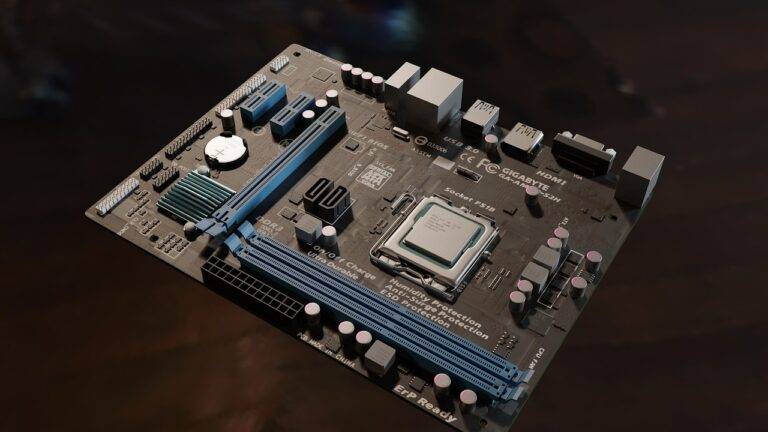Exploring the Applications of AI in Renewable Energy Optimization
Renewable energy sources, such as solar power, wind energy, and hydropower, are increasingly becoming vital in meeting the world’s energy needs. Solar power involves harnessing the energy from the sun through photovoltaic cells, while wind energy utilizes wind turbines to generate electricity. Hydropower, on the other hand, taps into the energy derived from moving water, typically in the form of dams or turbines.
These renewable energy sources offer a sustainable alternative to traditional fossil fuels, as they produce electricity without depleting finite resources or emitting harmful greenhouse gases. Not only are they environmentally friendly, but they also have the potential to reduce reliance on non-renewable energy sources, making them crucial in the transition towards a more sustainable future.
Understanding the Role of Artificial Intelligence in Energy Optimization
Artificial Intelligence (AI) plays a crucial role in optimizing energy systems by enabling intelligent decision-making, predictive analytics, and automation. Through the integration of AI algorithms, energy stakeholders can streamline operations, improve efficiency, and reduce costs in renewable energy projects. By leveraging machine learning and data analysis, AI can enhance the performance of renewable energy systems by optimizing energy production, storage, and distribution processes.
Moreover, AI technologies provide real-time monitoring and control capabilities, which are essential for ensuring the stability and reliability of renewable energy sources. With AI-driven solutions, energy operators can quickly respond to fluctuations in energy demand, environmental conditions, and equipment performance to maximize the overall efficiency of renewable energy systems. By harnessing the power of AI, energy optimization becomes more adaptable, sustainable, and ultimately contributes to a more resilient and greener energy future.
• AI enables intelligent decision-making, predictive analytics, and automation in energy systems
• Integration of AI algorithms helps streamline operations, improve efficiency, and reduce costs in renewable energy projects
• Machine learning and data analysis enhance the performance of renewable energy systems by optimizing production, storage, and distribution processes
• AI technologies offer real-time monitoring and control capabilities for ensuring stability and reliability of renewable energy sources
• Energy operators can quickly respond to fluctuations in demand, environmental conditions, and equipment performance with AI-driven solutions
• Harnessing the power of AI makes energy optimization more adaptable, sustainable, and contributes to a resilient and greener energy future.
Challenges Faced in Implementing AI in Renewable Energy Systems
AI implementation in renewable energy systems poses several challenges that need to be addressed. One major issue is the lack of high-quality data required for training AI algorithms effectively. Without access to accurate and comprehensive data, AI models may produce unreliable results, hindering the efficiency of renewable energy systems. Additionally, the integration of AI technologies into existing infrastructure can be complex and expensive, requiring significant investments in equipment and expertise.
Another challenge is the complexity of renewable energy systems themselves, which often consist of multiple interconnected components and variables. AI algorithms must be robust enough to handle the dynamic and unpredictable nature of renewable energy sources, such as solar and wind power. Ensuring the reliability and stability of AI solutions in such volatile environments is a key challenge that requires innovative approaches and continuous refinement.
What are some common renewable energy sources?
Common renewable energy sources include solar, wind, hydroelectric, geothermal, and biomass.
How does AI play a role in optimizing energy in renewable energy systems?
AI can analyze data, predict patterns, and make real-time adjustments to optimize energy production and consumption in renewable energy systems.
What are some challenges faced in implementing AI in renewable energy systems?
Some challenges include data quality and availability, integration with existing systems, regulatory hurdles, and the need for specialized skills and expertise.
How can these challenges be overcome?
Overcoming these challenges requires investing in data collection and quality assurance, ensuring compatibility with existing systems, working with regulators to address concerns, and providing training and support for personnel.





